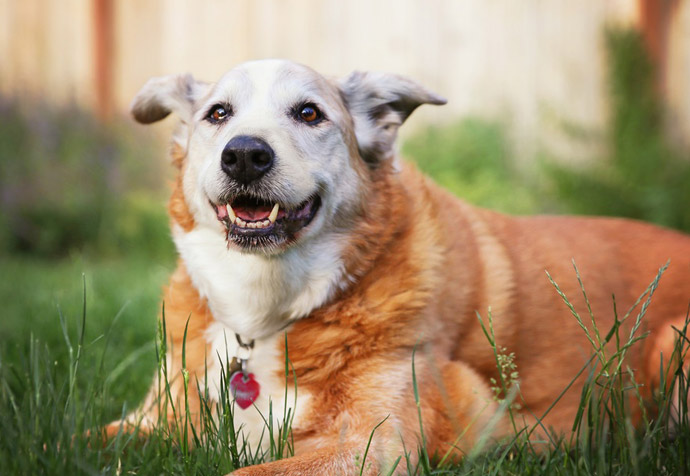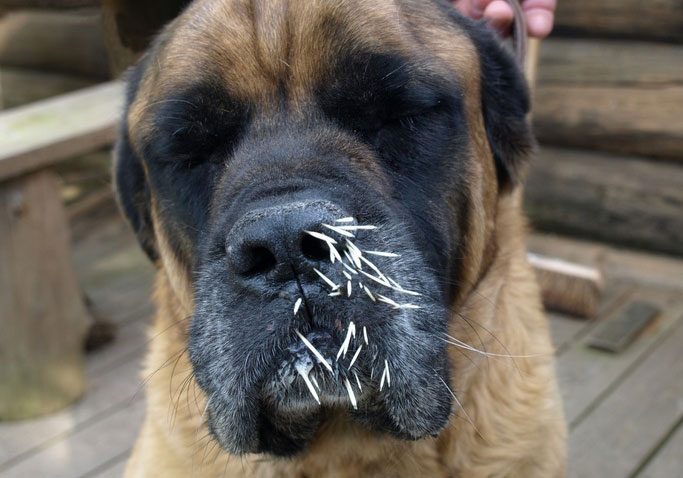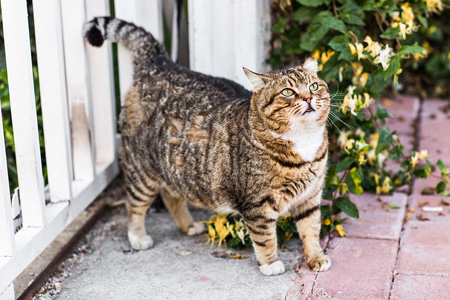Senior Pets – Ways to Help Fido in His Later Years
As some of us know all too well, the aging process is (unfortunately) inevitable, and the same goes for our pets. The golden years for a cat or dog may be barely noticeable for some as they are still running laps after that pesky squirrel in the yard, however others may look and feel their age! Just like us, each individual is unique with regards to how their minds and body change with the aging process.

Common Health Issues:
Good news! With advancing veterinary care over the past 15 to 20 years, our pets tend to not only live longer, they often have a better quality of life in those later years. New medications, specialized foods, advanced diagnostics, and specialist care are now readily available to help diagnose and treat common health problems elderly pets experience. Examples of such health issues found in senior pets are; kidney disease, heart disease, dental disease, and unfortunately cancer. Regular veterinary care plays an important role in prevention, early recognition where possible, and guiding diagnostic and treatment recommendations should a health problem arise.
Loss of Hearing and Sight:
The gradual loss of eyesight and hearing can be commonplace. To aid those elders with loss of sight, keep the pet’s environment the same as possible, as adding changes to their environment when they know their way around by memory often proves to be stressful. In addition, dim light may make it difficult to navigate high places such as stairs, beds, and couches. Hearing loss, depending on the severity, often results in a suddenly startled pet especially when awakened from a deep sleep. This unnerving “shock” may result in an instinctive nip out of fear. Teaching children and visitors to be aware of this fact is very important to avoid insult, if not injury. If the hearing is still partially functional, a hand clap or foot stomp may be enough to gain the attention required to not have that sudden fright.
They are Embarrassed Too:
Bathroom accidents may become more prevalent as pets age. Cats may start going beside the litter box (or elsewhere) as time goes on. Dogs may simply go to the door to be let out and not be able to hold it, or they forget they have just gone and ask to be let out (again)! Difficulty rising, moving, or posturing for the process can also impede the ability to “go”. This can be related to arthritis and/or muscle weakness, or constipation. If this is a problem for your pet, speak with your veterinarian as there are supplements and medications that can help with the process.
Mobility and Comfort:
You can help set up your senior furry loved one for success by providing ramps, lower litter boxes, extra comfy bedding, and steps (so they can still get on your bed)! Patience, reassurance, and working with your veterinarian are great ways to help keep those golden years golden.
To learn more about our Edmonton veterinary services click here.




